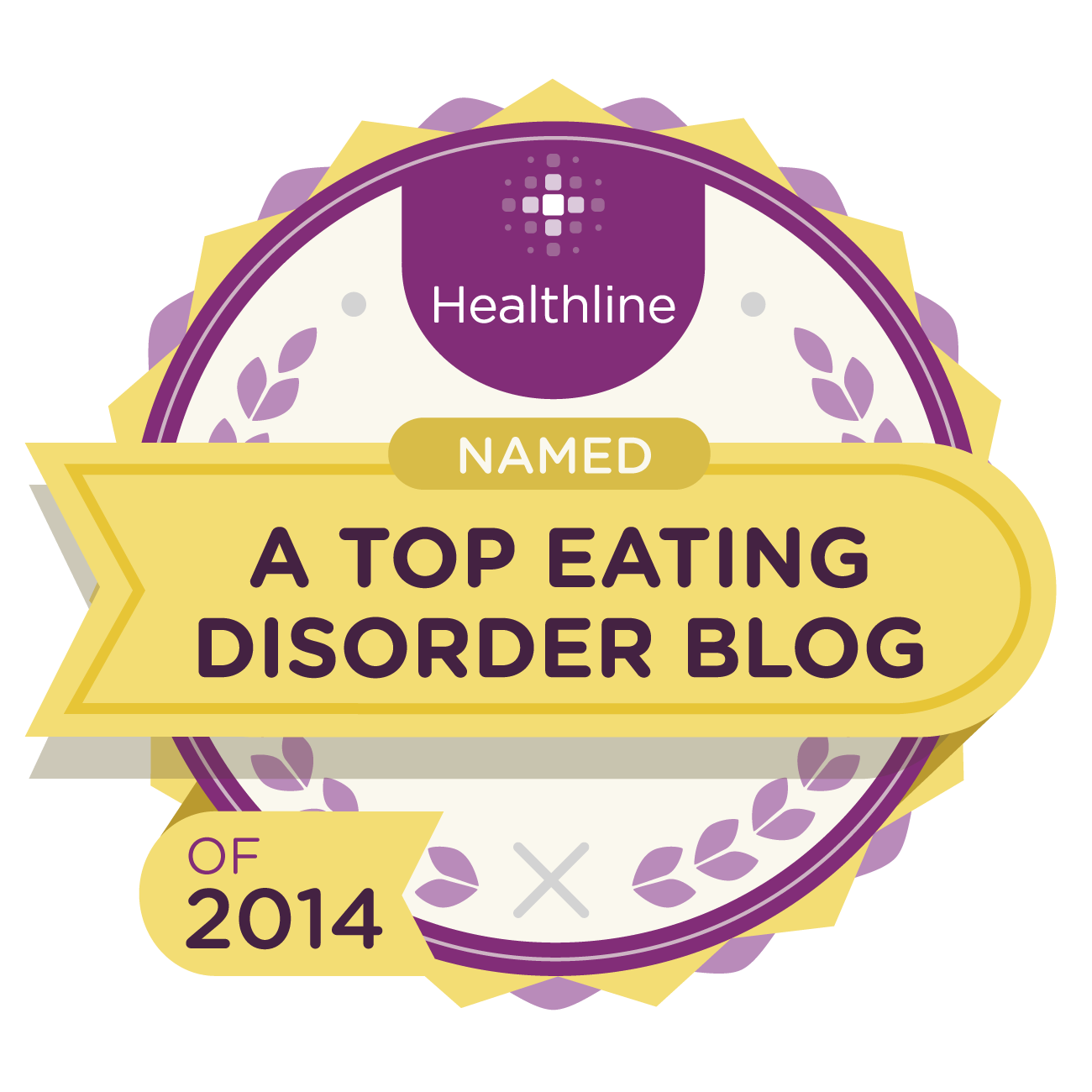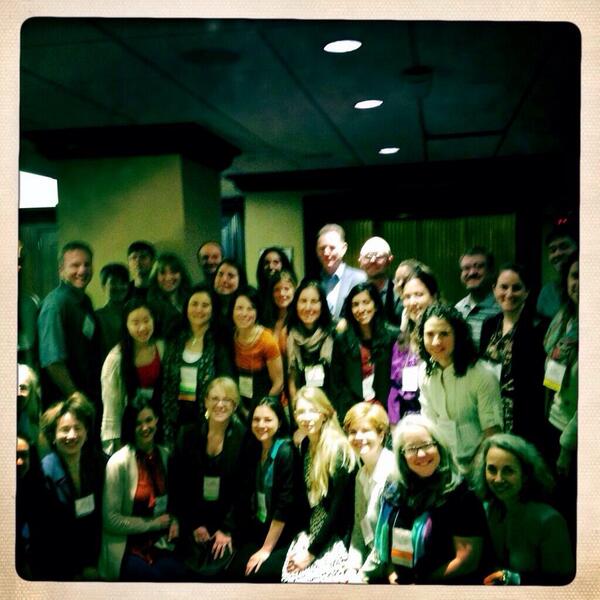Recently, the Academy
for Eating Disorders (AED) issued a position statement on Body Mass Index (BMI)/weight reporting in
New York City Public Schools. The grade? Big fail.
The
AED opposes BMI report cards, referred to as "Fitnessgrams," in New
York City on several grounds. According to their press release, “Although the
New York Department of Education reports the belief that providing information
about students’ weight and BMI to be beneficial in ‘helping students set
personal goals’ and developing a healthy lifestyle, experts in eating disorders
and body image strongly disagree.
Why do health
professionals oppose BMI reporting practices?
First,
BMI is not an accurate measure of body composition. BMI can be influenced by a
host of factors, beyond body fat, including musculature and frame. Second,
weight is not a proxy for fitness. There are kids (and adults) who are thin and
unhealthy and others who are heavier but in good health. We need to
disentangle these concepts. Third,
BMI reporting highlights our culture’s thin ideal, which can contribute to the
development of disordered eating and weight-related bullying.
A number of states and school districts have similarly tracked students' weight, including schools in Arkansas, Pennsylvania, Florida, Tennessee, Wyoming, Massachusetts, and Illinois. In some schools, parents are able to opt out of their children being weighed.
Parents who are
informed of their child's overweight/obese weight status, as many are given
current statistics, may run the risk of implementing misguided dietary
practices, without professional advice. Kids, too, may decide to restrict their
diets based on these reports. Such dieting practices can contribute, with the
right set of genetic and constitutional factors, to the development of an
eating disorder.
If students are
issued their BMI report cards publicly, the climate is ripe for unhealthy
comparisons, fat-shaming, and weight-related bullying. Weight screening
programs can increase body dissatisfaction in a world where fat is out and thin
is in. For children and teens who are obese, this may compound the experience
of stigma and shame already associated with their weight. They are likely to
feel judged, labeled, and blamed.
If
your child's school district has implemented BMI reporting, consider these
tactics:
- Opt out if you can and leave
health discussion about your child to medical professionals.
- Discuss the negative impact of
such practices on children with the school's (and district's)
administrations.
- If age appropriate, have a discussion with your child on the limited information weight provides.
- Focus on a balanced diet and sufficient activity at home – these behaviors are more important than weight.
- Encouraged acceptance of different shapes and sizes - as psychotherapist Kathy Kater's book states, "Real Kids Come in All Sizes."
My book, Does Every Woman Have an Eating Disorder? Challenging Our Nation's Fixation with Food and Weight is now on Amazon as a paperback and Kindle and at BarnesandNoble.com. Enjoy!













